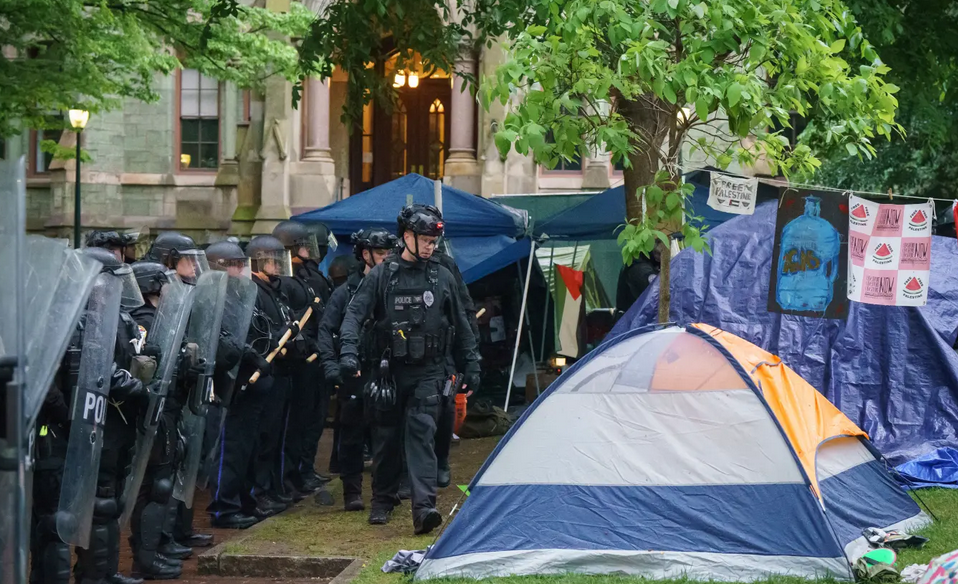As the new academic year approaches, universities across the United States have been quietly preparing to curb student activism, according to an in-depth report by Scheerpost. Over the summer, many institutions developed comprehensive strategies aimed at managing and suppressing student protests and movements that they perceive as threats to campus stability and their public image.
The report reveals that these strategies include a combination of increased surveillance, stricter regulations on campus events, and harsher disciplinary measures for those involved in activism. Universities are employing advanced technologies such as facial recognition, social media monitoring, and AI-driven analytics to keep a close watch on student activities. These tools are intended to identify potential protests before they happen, allowing administrations to intervene preemptively.
In addition to surveillance, universities are tightening policies around campus events, requiring student groups to obtain approval for gatherings well in advance. These approvals are often contingent on vague criteria, such as whether the event aligns with the university’s values or public relations goals. This has led to growing concerns among students and civil rights advocates, who argue that these measures disproportionately target movements advocating for social justice, environmental issues, and other progressive causes.
Moreover, the article highlights the increased collaboration between universities and law enforcement agencies. Some institutions have expanded their campus security forces and established closer ties with local police departments to ensure rapid response to protests. This has raised fears of escalating tensions and potential violence, as seen in past confrontations between students and police during protests.
Civil rights organizations and student groups have expressed alarm over these developments, warning that such measures infringe on students’ constitutional rights to free speech, assembly, and protest. They argue that universities, which should be bastions of free expression and open debate, are instead becoming centers of repression, stifling dissent and discouraging activism.
The article also notes that these strategies are part of a broader trend in which universities are increasingly being run like corporations, prioritizing reputation management and financial interests over the educational mission and the well-being of their students. This shift has led to a growing distrust between students and administrations, with many fearing that their universities are more interested in silencing them than in addressing their concerns.
For a deeper dive into how universities are preparing to suppress student activism and the potential implications for campus life, you can read the full article here.


